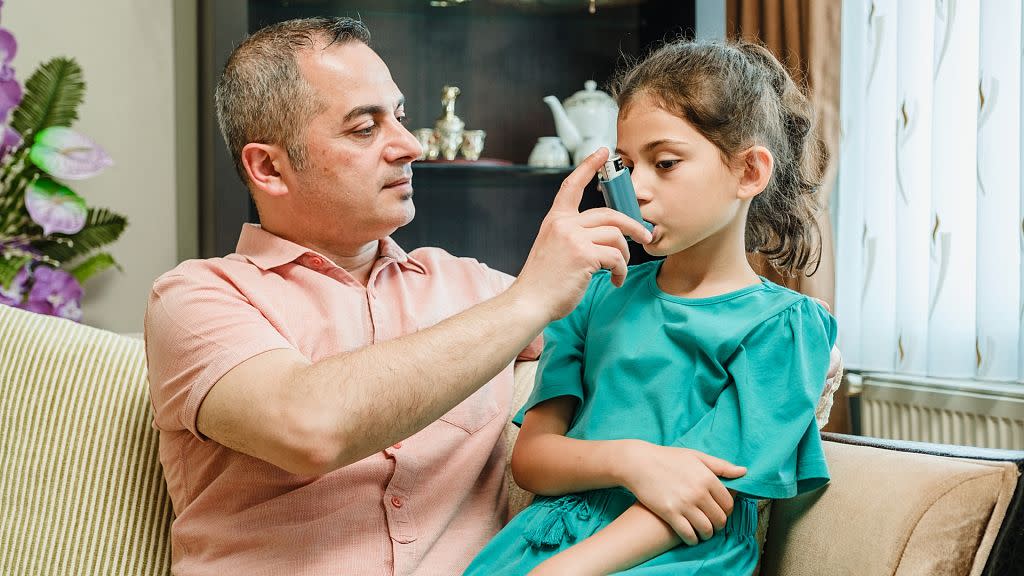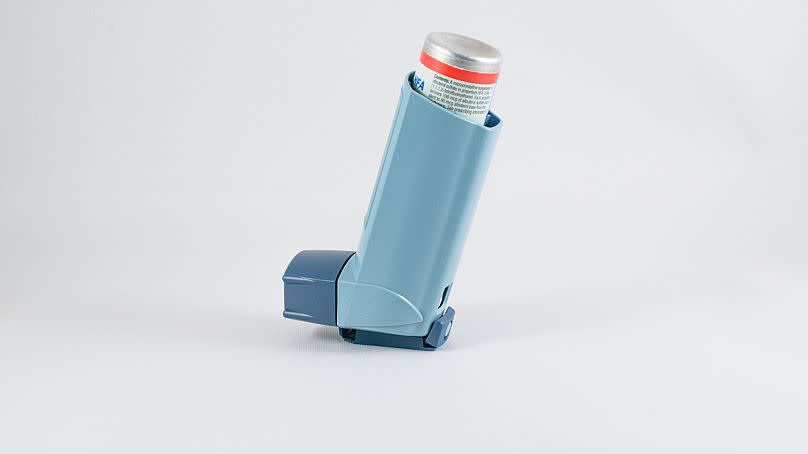Children are more likely to be hospitalised for asthma during heatwave, study finds

New research suggests that children may be more likely to be hospitalised for severe asthma complications during a heatwave.
It is a problem that is only expected to get worse with climate change.
Researchers at the University of California, San Francisco looked at health data from children admitted to hospital between June and September - the region’s warm season - from 2017 to 2020. They then compared this to temperature data from the patients’ homes.
They defined a heatwave in 18 different ways by looking at the range of temperatures during these times. If temperatures fell in the top 99 per cent, top 97.5 per cent, top 95 per cent and so on, they considered it a heatwave. They also looked at the length of time that high temperatures lasted.

The study’s authors found that daytime heatwaves were associated with 19 per cent higher odds of children with asthma being admitted to hospital. Longer durations of heatwaves doubled the chance of a hospital visit.
They didn’t find any associations with night time heatwaves.
“We found that both daily high heat events and extreme temperatures that lasted several days increased the risk of asthma hospital visits,” said corresponding author Morgan Ye from the University of California, San Francisco School of Medicine.
“Understanding the impacts of climate-sensitive events such as extreme heat on a vulnerable population is key to reducing the burden of disease due to climate change.”
Longer, more extreme heatwaves increase health risks
Ye adds that children and families with lower adaptation capacity - like those without the financial capacity to reduce the health risks of climate change - are likely to experience the highest burden.
And, even in this coastal part of California where temperatures may not reach the extremes seen elsewhere, even milder extreme heat can significantly impact health.
“We continue to see global temperatures rise due to human-generated climate change, and we can expect a rise in health-related issues as we observe longer, more frequent and severe heat waves.”
Respiratory patients are among the most vulnerable
Last year, researchers at Copenhagen University warned that the lives of people with asthma and chronic obstructive pulmonary disease would be made much harder by climate change.
They said that respiratory patients were at risk from impacts like hot and humid air, pollution from events like wildfires, ozone exposure from rain and thunderstorms and humidity from rain storms and flooding.

The report published in the European Respiratory Journal suggests that, while climate change affects everybody’s health, respiratory patients are arguably among the most vulnerable with these impacts becoming a major threat.
“These are people who already experience breathing difficulties and they are far more sensitive to our changing climate. Their symptoms will become worse, and for some this will be fatal,” Professor Zorana Jovanovic Andersen, chair of the European Respiratory Society’s Environment and Health Committee, said at the time.

